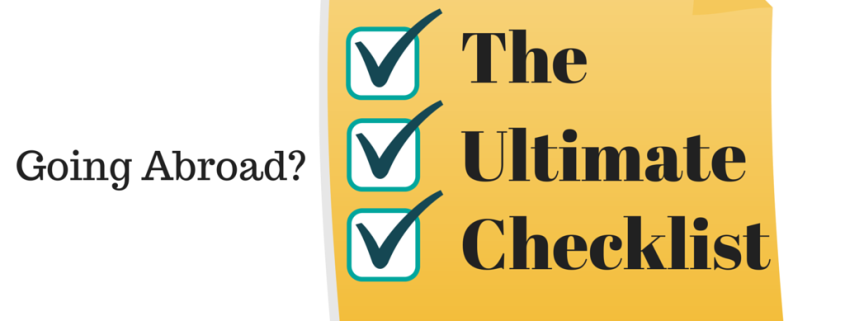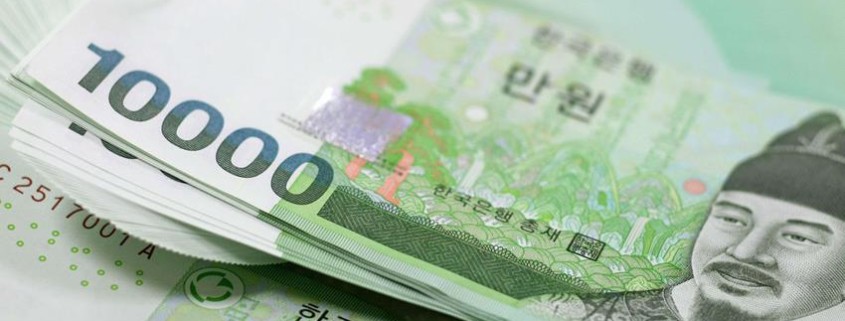Going Abroad? The Ultimate Checklist
It’s crunch time, and you’re preparing to actually GO ABROAD! It probably feels like everything is happening way too fast… and truth be told, it probably is. With that in mind, here’s the ultimate checklist to help ensure that you have everything covered.
Adventure Teaching Presents: The Ultimate Checklist
1. Documents
Some important items you don’t want to forget:
- Passport (duh)
- Copies of your passport – bring with you when you travel, too, in case you lose your actual passport
- A photocopy of your immunization record – if you travel to an area where certain immunizations are recommended/required, this is helpful to have on hand
- Contact info for your friends/family – once you get a cell phone set up, you’ll want all of those phone numbers!
2. What to pack
How do you pack a year’s worth of stuff, when your airplane allowance is 23kg / 50lb?
- A must: Photos and other small souvenirs from home, and a few of your favorite snacks. DVDs and TV Shows.
- Items connected to your hobbies. Small instruments. Basketball shoes. Knitting needles. Your Xbox or other gaming console.
- Extra passport photos – you’ll need 4-8 more after you arrive. They’re handy to have for traveling, too, as some countries will need photos for tourist visas.
- Gifts for your co-workers – not mandatory or expected of you, but a nice gesture. A small trinket or souvenior from your home town/state/province/country.
- For everything else: What to pack
3. What you don’t need to pack
- Bedding: a comforter, a pillow, a sheet
- A mattress pad
- Full size bath towels
- Water filter
- A cleaning kit
- A transformer: are you from the States or Canada? Check the voltage of your electronics. Make sure that they will be able to handle 220V. Double check specific appliances, such as your hair straightener, blow dryer, electric toothbrush and gaming systems. For these appliances, you will most likely need a transformer.
4. Money
- Find out what you will need to be able to wire money back home. Bring proof of your bank account. You’ll be able to link your Korean account with your account at home.
- Make someone at home your power of attorney, so they can have access to your accounts on your behalf.
- Understand the currency conversion for USD / ZAR / GBP…. to Korean Won
- Bring enough money to last you until your first paycheck (which you’ll receive about a month after you arrive)
5. Communication
- Consider buying or renting a phone in Korea
- Speak with your current carrier about getting your phone unlocked so that it works in Korea (and then set up a phone plan with a Korean carrier after you arrive)
Hopefully some of these tips are helpful. Don’t miss checking out what we wish we had realized before going to Korea.
Did we miss anything? Comment below!


